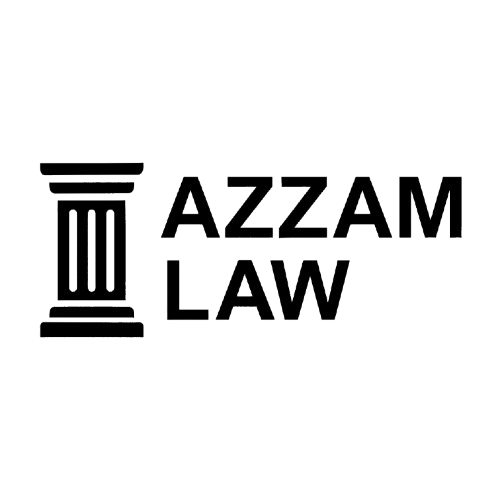Frequently Asked Questions
Do I need to hire an attorney?
Lawyers are like any other professional. In some cases, it is best to have someone who understands the law, and can help you navigate the legal field to ensure you get a desirable outcome. However, in some cases, it may not be necessary. It is always best to at least consult an attorney to determine whether you need one. We offer free consultations on all cases and are happy to discuss whether our services are necessary.
What is the difference between a misdemeanor and a felony?
Misdemeanors in North Carolina carry a maximum penalty of 150 days in jail (36 months for a DWI). You can also be sentenced to two misdemeanors that run consecutively meaning a total sentence of 300 days in jail. A felony’s lowest sentence is 3-4 months with the max being life without parole or the death penalty. However, there is much more to consider than possible incarceration time. Things like unsupervised probation, supervised probation, deferred prosecution, loss of rights to voting or firearms, and dismissals by way of completing drug classes are things to consider. An attorney can discuss these with you to ensure you fully understand what consequences you may face in your case.
I failed to appear for my court date, now what?
If you didn’t go to court, typically they will issue a failure to appear, also called an FTA. This will be reported to the DMV and can suspend your Driver License. In addition to an FTA, there is an added $200.00 fee and the possibility the court will issue an order for arrest. This means that law enforcement will actively look for you in order to arrest you. This is done to ensure your appearance at a subsequent hearing. There are ways to strike FTA’s and the associated fees, but it typically requires cooperation with the District Attorney’s Office. In these cases it is usually best to hire an attorney.
I have an order for arrest, now what?
As mentioned above, there is a path to striking an order for arrest or OFA, but it typically requires the District Attorney’s Office to agree. There are other methods to striking an OFA, but that will typically require an attorney’s assistance. Alternatively, you can contact a bondsman and arrange for them to be prepared for you to turn yourself in. You can then go to the county jail, turn yourself in, and have a bond set that the bondsman can post for you.
Is there a difference between a public defender and private attorney?
Generally speaking, no. Public Defenders work extremely hard for their clients and generally do their best to secure a favorable outcome. However, public defenders also have heavy caseloads that don’t allow them to dedicate as much time to each client. This is not always a disadvantage to the client, but there can be delays that are not the fault of the attorney. Private attorneys usually have the ability to balance their caseload and dedicate more time to each client. Again, this isn’t necessarily going to get you a better outcome, but you may have more contact and guidance from a private attorney.
Should I be honest with my lawyer, even if I am guilty?
Yes. You should always be absolutely honest with your attorney about every aspect of your case. Attorneys and their clients have attorney-client privilege. This means you can talk with your attorney without them sharing it with a third party. This privilege allows you to be completely honest with your attorney so they can adequately prepare a defense for you. Many times a defense is not based strictly on whether you did or did not do the crime.
